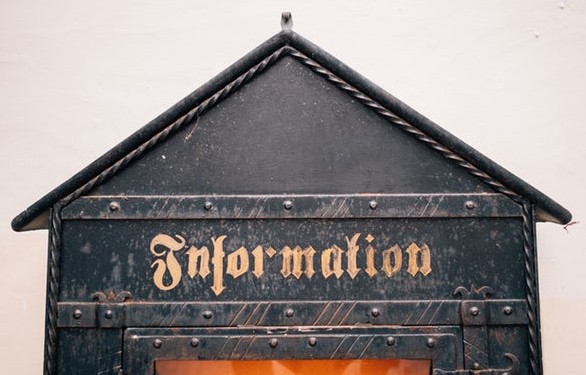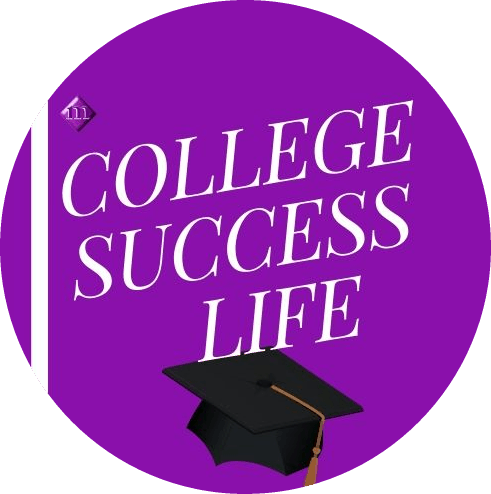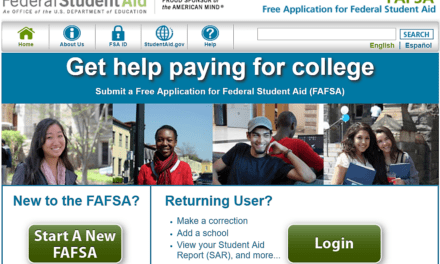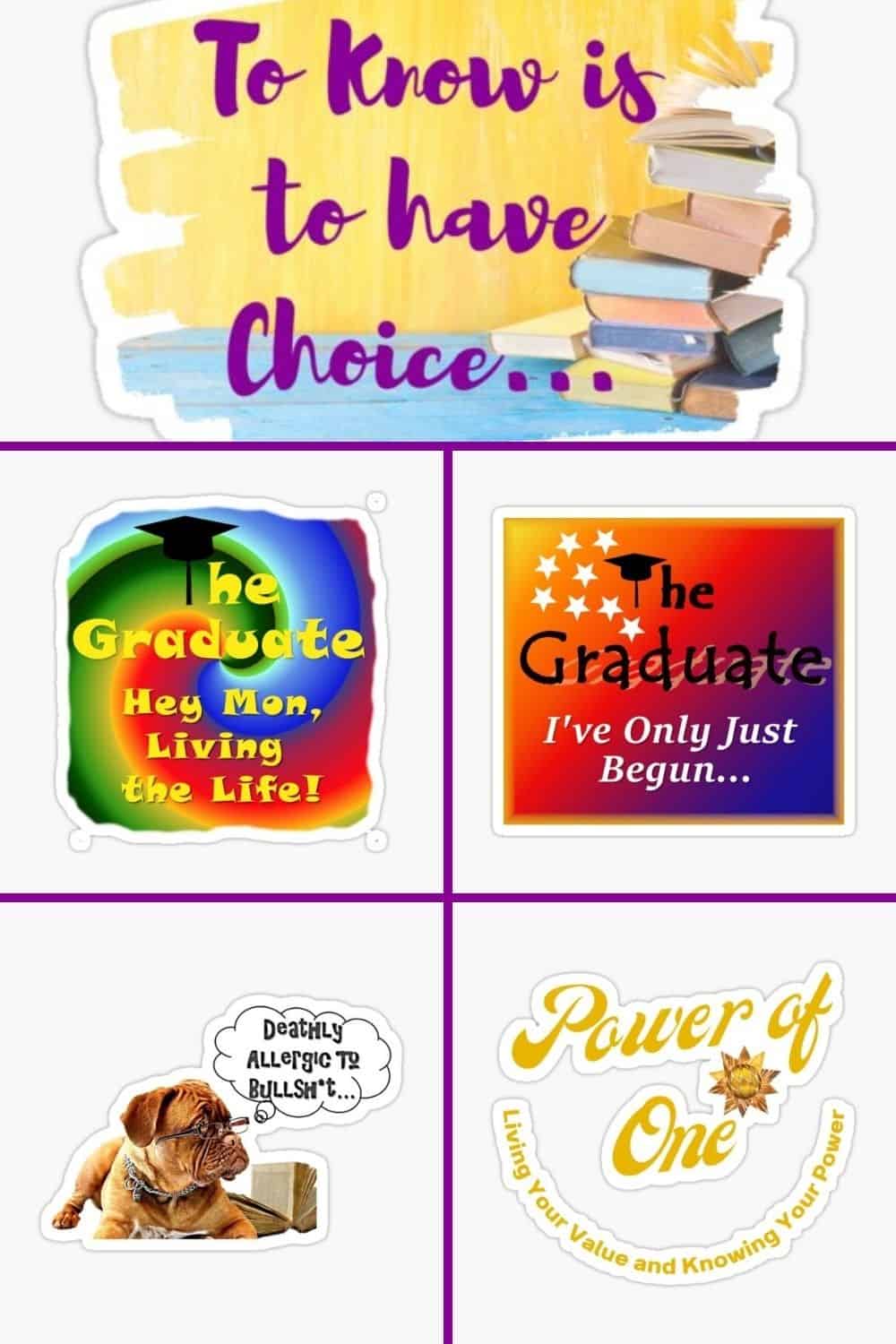
College Student Research Practices and Website Evaluation
In the late fall and late spring, college students usually begin to prepare for college research paper writing and the final exam period.
period.
If you’re attending an intercession and/or summer semester, then prep time for you will most likely begin on the first day of classes.
If you also have a research paper due, then the sooner you start the research process, the better.
That applies to final exam prep as well!
And meeting regularly with your campus reference librarian can be an absolute lifesaver. If you’re stuck on selecting your research paper topic, then get thee to your reference librarian.
College reference librarians are the “Jedi” masters of information literacy practice, a skill set in great demand on college campuses as well as in today’s highly competitive workplace.
They do know way more about the world of information resources than discipline focused faculty.
They can be quite helpful in brainstorming potential research topics as well as outlining final exam preparation strategies.
 To have a fruitful research experience with your campus librarian, you should first familiarize yourself with the process of evaluating an internet website.
To have a fruitful research experience with your campus librarian, you should first familiarize yourself with the process of evaluating an internet website.
This process is really applicable across the spectrum of social media.
As a consumer, you always want access to the best information available to make the best academic and/or personal decisions for yourself.
Learning how to evaluate an internet website gives you the baseline needed to grow into a “Jedi” master of information literacy practice…just like your campus reference librarian.
Website Evaluation Steps

Really????…classic website evaluation motivator.
Who wrote the information?
Is the author(s) an expert in his/her field?
Is there a biography of the author(s) and are author affiliations included?
Is the author(s) searchable on the internet?
Is the author(s) contact information listed?
What is the stated purpose of the site?
Does the information on the site support the stated purpose?
Is the information presented bias or are multiple viewpoints expressed?
Does the website list other valid information sources addressing the same topic?
When was the site originally created?
When was the site last updated?
Is the information presented current?
Where can I find more information about the site’s sponsor?
Where does the information come from – .org, .com, .gov, .edu, .net?
Is this information appropriate for academic purposes?
How can I verify the validity of this information?
How can I determine if the information is opinion or fact?
Why is this information useful for my research purposes?
Does the information meet the research topic and/or course final exam expectations?
Does my research log reflect all of my research activities so far?
Just follow all the steps listed above. Once you’ve mastered the technique, then integrate the process within your own professional development toolkit…and watch how having a “competitive advantage” can work for you!








